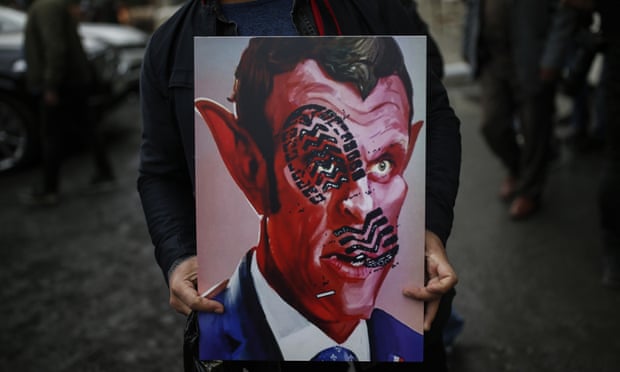
In the ancient days, folk religions brought tribes together and built civilisations around the world. Later, the Abrahamic religions of Christianity, Islam and Judaism expanded their spheres of influence around the world alongside Indian religions of Hinduism, Buddhism and Sikhism as well as the East Asian religions of Taoism, Shinto and Falun Gong. All major religions in the world have their share of fanaticism- most prominently Muslims, Hindus, Christians and Buddhists. Is Islam any different and if so, what is the root cause for the difference?
The word terrorism is being constantly associated with Islam today. The term terrorism was first used in France in the 18th century to denounce the acts of the then regime in terrorising its people. Since the Anarchist movement in the 19th century, terrorism was mainly used to define non-state actors. The Northern Ireland conflict, the Israel-Palestinian conflict, and the Basque conflict brought the term back to life. There has been no UN-recognised definition on terrorism as often what is perceived as terrorist can also be an issue of national liberation and self-determination. This means that the word can be used in any way by the modern media with zero concerns as to what they’re addressing.
The World trade centre attacks on September 11 redefined terrorism. Before the year 2000, national separatism was the main driver of terrorist attacks around the world. However, in the post-9/11 world, religious extremism became the driver for terrorist attacks. The Western-led military operations in Afghanistan, Iraq, Pakistan, Syria, Yemen and Nigeria led to a surge in terrorism in these regions. More than 90% of today’s terrorist attacks occur in these regions. As there has been no major shift in religious thoughts in these regions, I think it is fair to say that military conflicts have played a greater role in developing terrorism than religions did.
The recent quotes from the French president Emmanuel Macron calling Islam as a religion in crisis is a hot debate in the international political sphere. While secular governments in the West look at his words as defending freedom of speech, Muslims see it as Islamophobic rhetoric as he tries to link the religion with terrorism. At the end of the day, the worst affected are the Muslims living in France and the French expats living in Muslim countries. Here, we need to draw a line between freedom and hate speech.
A religion in crisis from a purely numbers perspective would be seeing dwindling numbers today. Christianity and Islam are by no means facing a crisis as the two cover 57 and 29 percent respectively of the fastest growing population in the world, Africa. In terms of violence, we can see that terrorism is more about politics than about religion. However, Islam has crises in terms of the intense rivalry between Sunni and Shiaa powers in the Middle East- Saudi Arabia and Iran. This kind of rivalry is seen in within Sunni factions too. The different groups within Islam barely recognise the existence of others. The conflicts in the Middle East have left deep scars on the countries’ post-war economies and education systems. The desperation in the youth leads to more acts of violence. Fake news is also a driver for hate around the world.
How can we get the religion out of the crisis? Islam remains in crisis mode until Muslims unite despite their differences, showing the collective strength of 1.8 Billion humans and striving towards educating the youth and employing them, especially those in the crisis-stricken countries. Macron’s comments drove Muslims around the world together. France saw its products boycotted in multiple countries and took an economic hit from their President’s insensitive comments. The overwhelming unity should not stop here, rather it should lead the Muslims to work towards structural changes in their communities in order to weed out radical factions and stop disinformation campaigns on every side. In fact these suggestions must be applied in every part of the world, as the crisis is not that of Islam alone.